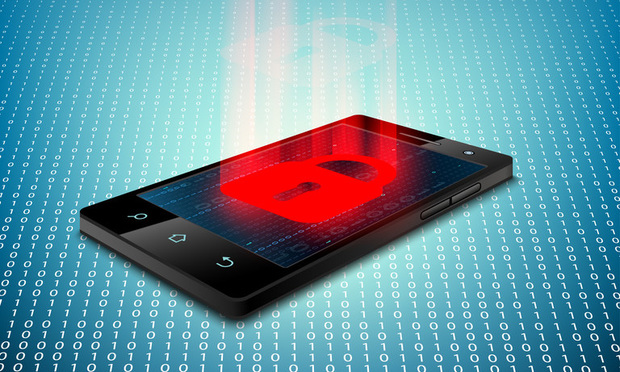Featured Firms
Presented by BigVoodoo
Have a worry-free holiday when it comes to your mobile devices by following these five security steps.
December 01, 2017 at 08:00 AM
1 minute read
Presented by BigVoodoo
The Legal Intelligencer honors lawyers leaving a mark on the legal community in Pennsylvania and Delaware.
Consulting Magazine recognizes leaders in technology across three categories Leadership, Client Service and Innovation.
Celebrate outstanding achievement in law firms, chambers, in-house legal departments and alternative business structures.
Truly exceptional Bergen County New Jersey Law Firm is growing and seeks strong plaintiff's personal injury Attorney with 5-7 years plaintif...
Epstein Becker & Green is seeking an associate to joins its Commercial Litigation practice in our Columbus or Cincinnati offices. Ca...
Job Opportunity: Location: Prestigious Florida Law Firm seeks to hire a Business attorney with at least 5 years of experience for their Ft. ...
MELICK & PORTER, LLP PROMOTES CONNECTICUT PARTNERS HOLLY ROGERS, STEVEN BANKS, and ALEXANDER AHRENS
